Industrial cameras are essential tools for a variety of applications, from quality control to machine vision. But with so many different types of cameras on the market, it can be difficult to know which one is right for your needs.
This article will help you choose the right industrial camera for your application by discussing the different factors you need to consider.
Consider Your Application Requirements
The first step in choosing the right industrial camera is to consider your application requirements. This includes factors such as:
1.The physical characteristics of the objects you need to inspect.
2.The environmental conditions of your application.
3.The performance requirements of your application.
1.The physical characteristics of the objects you need to inspect
The first thing you need to consider is the physical characteristics of the objects you need to inspect. This includes factors such as:
①The size of the objects.
②The shape of the objects.
③The color of the objects.
④The material of the objects.
You need to make sure that the camera you choose has the resolution and sensitivity to capture images of the objects you need to inspect. For example, if you need to inspect small objects, you will need a camera with a high resolution. If you need to inspect objects that are in motion, you will need a camera with a fast frame rate.
2.The environmental conditions of your application
The next thing you need to consider is the environmental conditions of your application. This includes factors such as:
①The temperature.
②The humidity.
③The dust and dirt.
④The vibration.
You need to make sure that the camera you choose is able to withstand the environmental conditions of your application. For example, if you need to use the camera in a hot environment, you will need a camera that is designed for high temperatures. If you need to use the camera in a dusty environment, you will need a camera that is dustproof.
3.The performance requirements of your application
The final thing you need to consider is the performance requirements of your application. This includes factors such as:
①The frame rate.
②The resolution.
③The sensitivity.
④The dynamic range.
You need to make sure that the camera you choose is able to meet the performance requirements of your application. For example, if you need to capture images of fast-moving objects, you will need a camera with a high frame rate. If you need to capture images of objects in low-light conditions, you will need a camera with a high sensitivity.
Evaluate Your Camera Options
Once you have considered your application requirements, you can start to evaluate your camera options. There are a wide variety of industrial cameras available on the market, so it can be helpful to narrow down your choices by considering the following factors:
1.The type of camera.
2.The interface.
3.The features.
The type of camera
There are two main types of industrial cameras:
①Fixed-focus cameras are designed for applications where the objects being inspected are always at a fixed distance from the camera.
②Zoom cameras are designed for applications where the objects being inspected are at different distances from the camera.
The interface
The interface is the way that the camera connects to your computer or other system. There are three main types of interfaces:
①USB is the most common interface for industrial cameras.
②GigE is a high-speed interface that is ideal for applications that require high-bandwidth data transfer.
③Ethernet is a versatile interface that can be used in a variety of applications.
The features
The features of an industrial camera include things like:
①Resolution is the number of pixels in an image.
②Frame rate is the number of images that the camera can capture per second.
③Sensitivity is the ability of the camera to capture images in low-light conditions.
④Dynamic range is the range of brightness levels that the camera can capture.
How to Compare Industrial Cameras
When comparing industrial cameras, it is important to consider the following factors:
①Resolution is the number of pixels in an image. The higher the resolution, the more detail the image will contain.
②Frame rate is the number of images that the camera can capture per second. The higher the frame rate, the smoother the video will be.
③Sensitivity is the ability of the camera to capture images in low-light conditions.
④Dynamic range is the range of brightness levels that the camera can capture.
⑤Interface is the way that the camera connects to your computer or other system.
⑥Features such as autofocus, zoom, and image stabilization can be helpful in certain applications.
How to Make the Best Decision for Your Application
The best industrial camera for your application will depend on your specific needs and requirements. Here are a few things to consider when making your decision:
①What are you going to use the camera for? This will determine the features and specifications that you need.
②What is your budget? Industrial cameras can range in price from a few hundred dollars to several thousand dollars.
③How much maintenance are you willing to do? Some industrial cameras require more maintenance than others.
④What are your long-term goals? If you plan on using the camera for a long time, it is important to choose a camera that is reliable and durable.
By considering these factors, you can make the best decision for your application and get the results you need.
Industrial cameras are essential tools for a variety of applications, from quality control to machine vision. By choosing the right industrial camera for your application, you can get the results you need to improve your business.
Product recommendation
TECHNICAL SOLUTION
MORE+You may also be interested in the following information
FREE CONSULTING SERVICE
Let’s help you to find the right solution for your project!
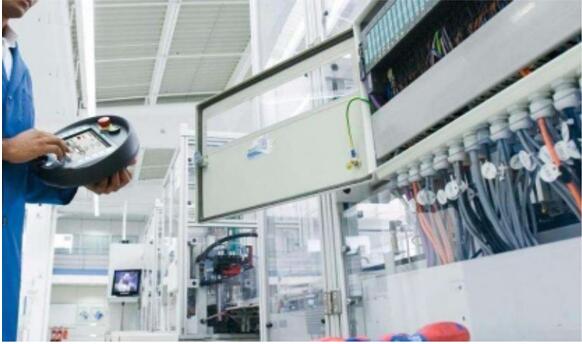

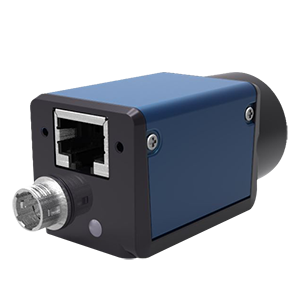
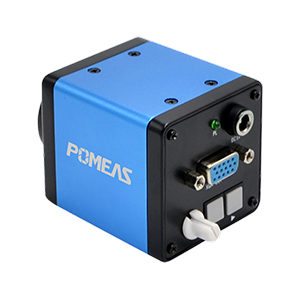
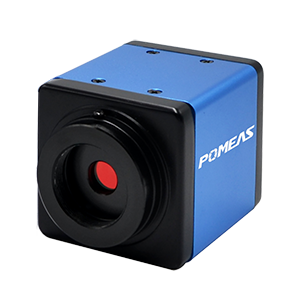
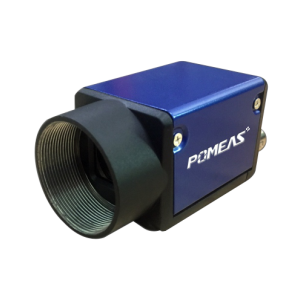
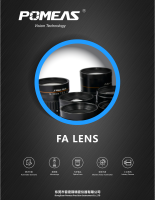
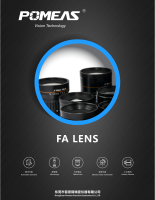
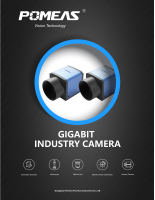

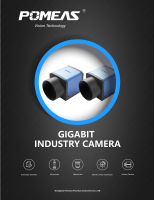
 ASK POMEAS
ASK POMEAS  PRICE INQUIRY
PRICE INQUIRY  REQUEST DEMO/TEST
REQUEST DEMO/TEST  FREE TRIAL UNIT
FREE TRIAL UNIT  ACCURATE SELECTION
ACCURATE SELECTION  ADDRESS
ADDRESS Tel:+ 86-0769-2266 0867
Tel:+ 86-0769-2266 0867 Fax:+ 86-0769-2266 0867
Fax:+ 86-0769-2266 0867 E-mail:marketing@pomeas.com
E-mail:marketing@pomeas.com
